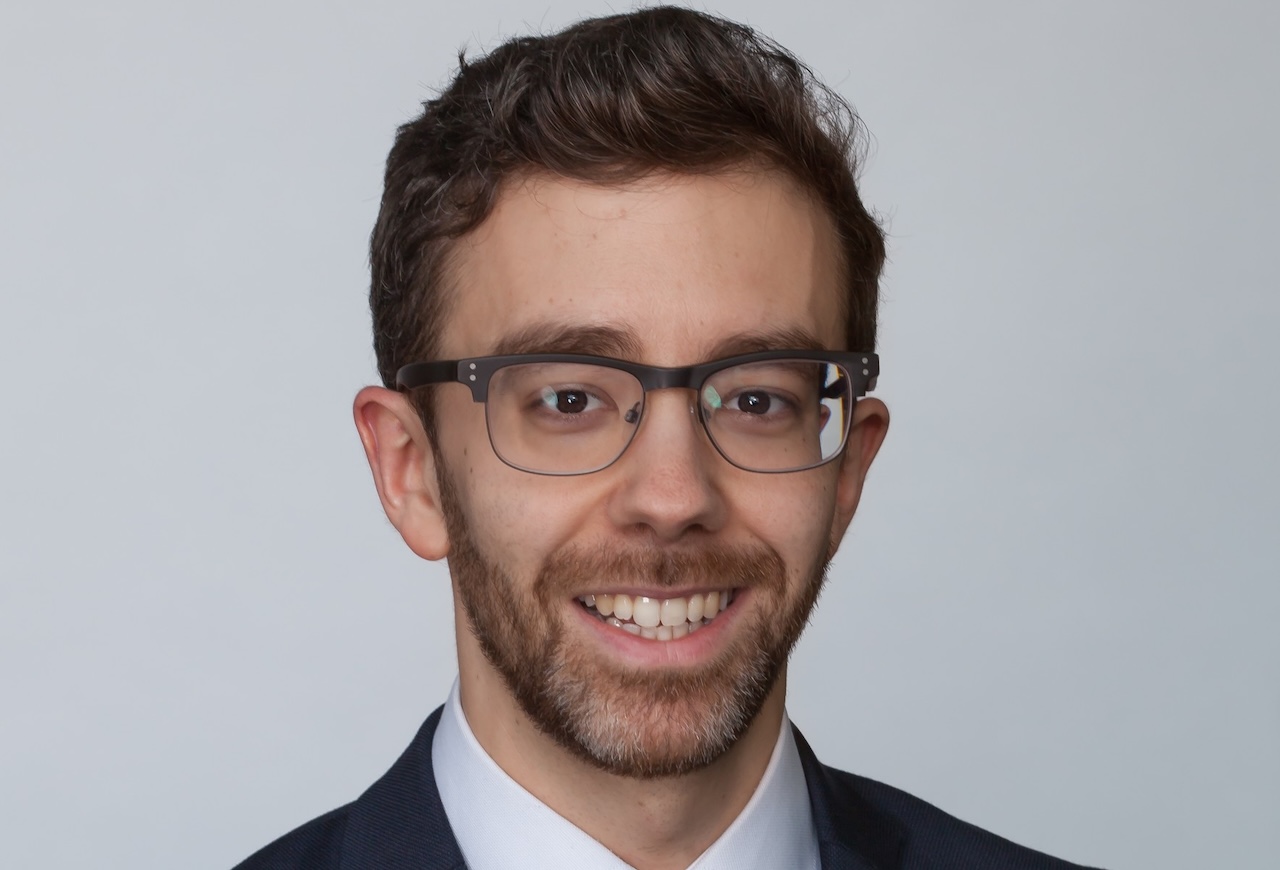PGGM among investors committing €120m to Elyse Energy to accelerate the development of its e-methanol and sustainable aviation fuel production projects in France and the Iberian Peninsula.

PGGM, Hy24, Bpifrance and Mirova have committed €120m to Elyse Energy to accelerate development of its e-methanol and sustainable aviation fuel production projects in France and the Iberian Peninsula.
Founded in 2020, Elyse Energy is developing sustainable fuels and low-carbon feedstock, including e-methanol and low-carbon hydrogen, to address the growing demand for decarbonisation solutions in the aviation, maritime and industrial sectors, including the chemicals industry.
In this latest funding round, the company received renewed investment commitments from private asset manager focused on the hydrogen economy Hy24, who invested through their Clean Hydrogen Infrastructure Fund, and from sustainable investment manager Mirova, which is part of the Natixis Group.
Two new investors also joined the funding round, including French public investment bank Bpifrance and Dutch pension fund investor PGGM, who invested through their Climate and Energy Transition Solutions (CETS) mandate on behalf of their client Pensioenfonds Zorg en Welzijn (PFZW). PFZW is the second largest pension fund in the Netherlands with approximately €250bn in assets under management.
Speaking to Impact Investor, David Jerez Antoni, associate director in the infrastructure team at PGGM, said: “Our client PFZW granted us this CETS mandate because we realised that the most interesting opportunities with an energy transition angle, and those which had the most impact and where capital was most needed, did not fit the risk and return profile of our existing infrastructure mandate.”
Jerez Antoni said the mandate aimed to invest, among other things, into companies that contributed to the decarbonisation of hard-to-abate sectors, like aviation, and that the two themes identified that could address this challenge, were sustainable fuels and carbon capture, storage and utilisation.
“Within sustainable fuels, we had been aware for a long while, that aviation was a sector where regulation had been worked on and where there was a lot of traction from airlines to take up sustainable aviation fuels in the transition to net zero,” said Jerez Antoni.
“What attracted us to Elyse were their plans to build a production plant for sustainable aviation fuels but also their production plans for other fuels, namely e-methanol. With a pipeline of various molecules being developed, this means their fuels will not only help aviation but also the shipping and chemicals industries, with the potential for adoption by other industries in the future.”
PGGM said they had invested in the tens of millions into Elyse Energy but would not be drawn on an exact figure.
Range of projects
On its website, Elyse Energy explains that it is able to leverage carbon capture technologies and the production of green hydrogen by means of water electrolysis to locally produce synthetic molecules from low-carbon electricity. The company says that these molecules, which are sometimes referred to as e-fuels for their transport use, replace chemical inputs and conventional, fossil and imported fuels to provide a sustainable solution which is compatible with existing infrastructure.

Elyse Energy has a range of projects under development to produce sustainable aviation fuels and e-methanol in France and on the Iberian Peninsula. This funding round is expected to help the company accelerate its most advanced projects to final investment decision (FID), a prerequisite for launching construction, while at the same time, consolidating and expanding its project portfolio.
“The FID stage is the point at which you can sign all the contracts to start construction. Up to that point, you have to gain all your regulatory approvals, finalise your offtakes, have your debt and equity financing in place and prepare your construction contract so it is ready to be signed. To get to this stage requires a significant amount of capital,” said Jerez Antoni.
The most advanced projects, which include BioTJet in the southwestern France, eM-Rhône in the region around Lyon and eM-Numancia, in the Castile and León region in northwestern Spain, would save around 700,000 tonnes of CO₂ equivalent per year when operational, whilst contributing to European energy security and reindustrialisation.
“Elyse have several advanced plans but they also have a pipeline of many more, including in Portugal. What we liked about them, is that they are based in two [France and Spain] of the three markets with the highest availability of low carbon and renewable electricity in Europe, including wind, solar, hydro and nuclear,” said Jerez Antoni. “When you produce green fuels, having that combination allows you to operate your facilities for the longest amount of hours.”
Elyse Energy’s projects are said to align with French and European objectives for decarbonisation and green reindustrialisation, key components of the EU’s Green Deal and its sectoral initiatives such as the ReFuelEU Aviation and FuelEU Maritime regulations.
“These initiatives provide certainty of demand and a vision of where we’re heading for the maritime and aviation industry in terms of decarbonising their fuel mix,” said Jerez Antoni.
Looking ahead, Jerez Antoni said that without sustainable fuels, the sectors targeted by Elyse Energy have “nowhere to go” if they want to align with the Paris Agreement ambitions in the next 10 to 15 years.
“Commercial scale use of electric planes is still far in the future, which makes the investment into and the scale-up of sustainable fuels critical to meet the scale of decarbonisation needed in the nearer term.”






